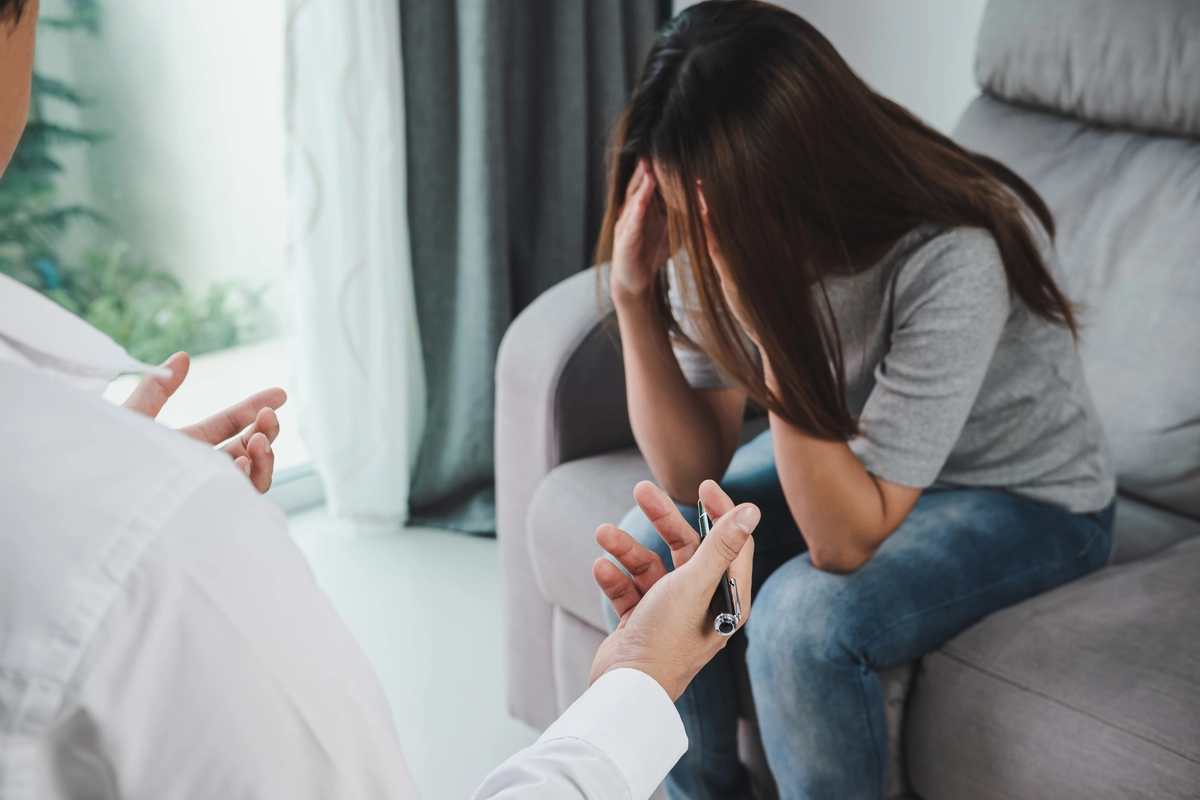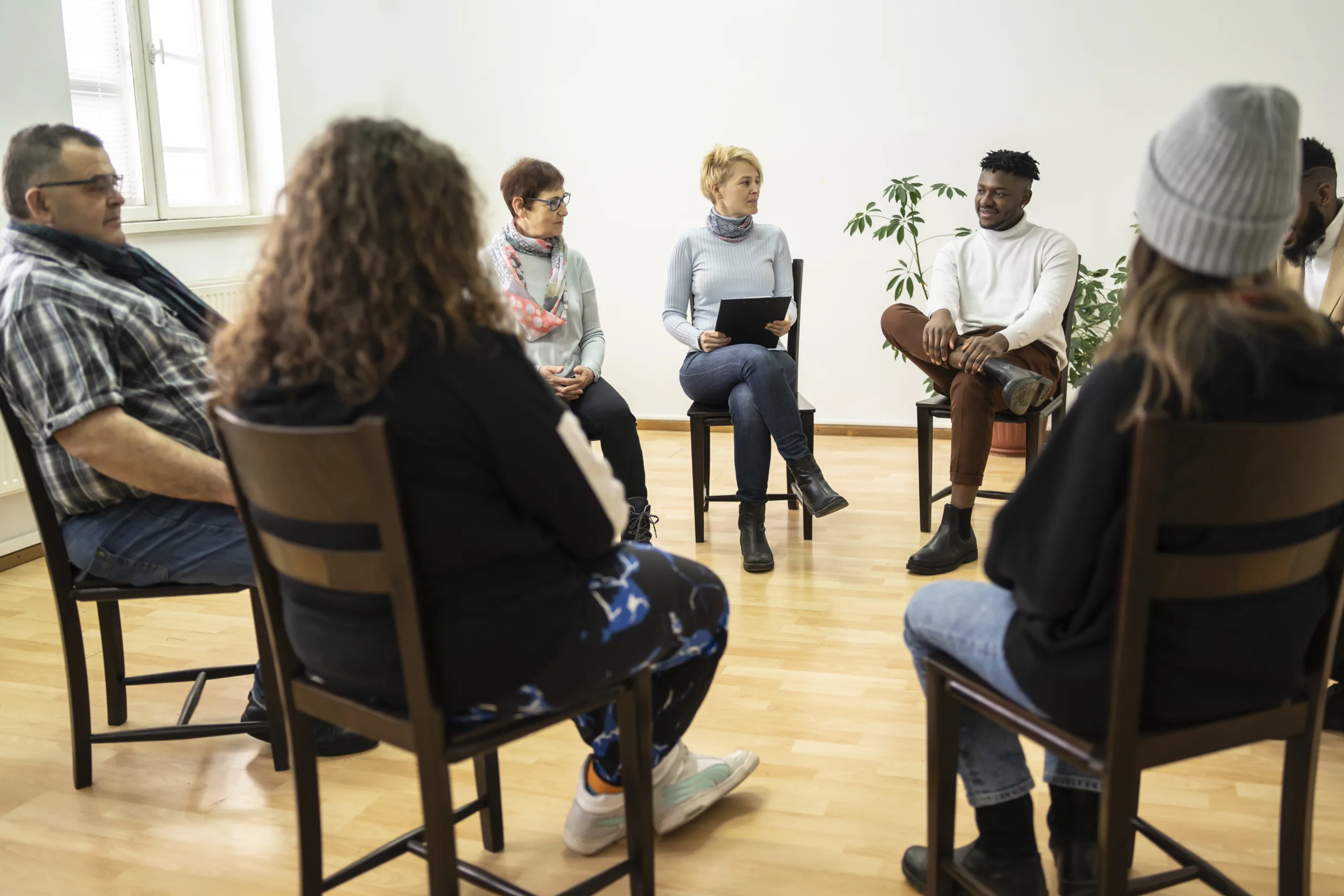24/7 Helpline:
(866) 899-221924/7 Helpline:
(866) 899-2219
Learn more about Group Therapy centers in Slovan
Group Therapy in Other Cities

Other Insurance Options

Health Choice

State Farm

Highmark

United Health Care

Regence

Ceridian

Group Health Incorporated

BlueCross

Coventry Health Care

CareFirst

Excellus

PHCS Network

Health Partners

BHS | Behavioral Health Systems

Access to Recovery (ATR) Voucher

EmblemHealth

Private insurance

Humana

Cigna

Evernorth



























